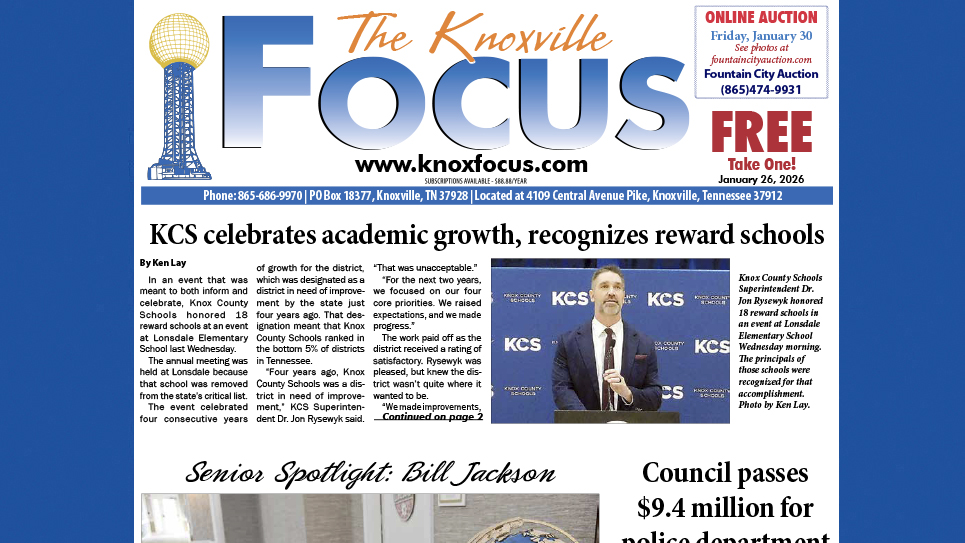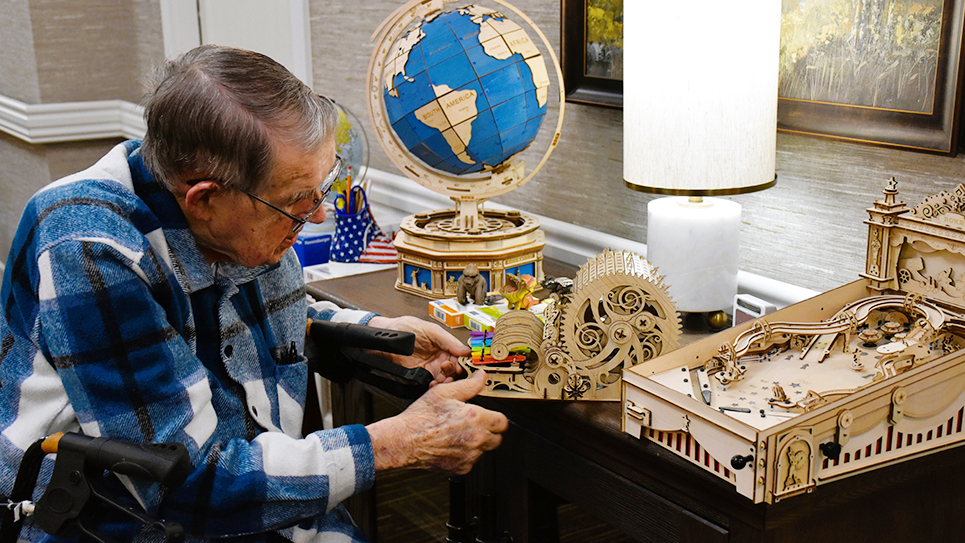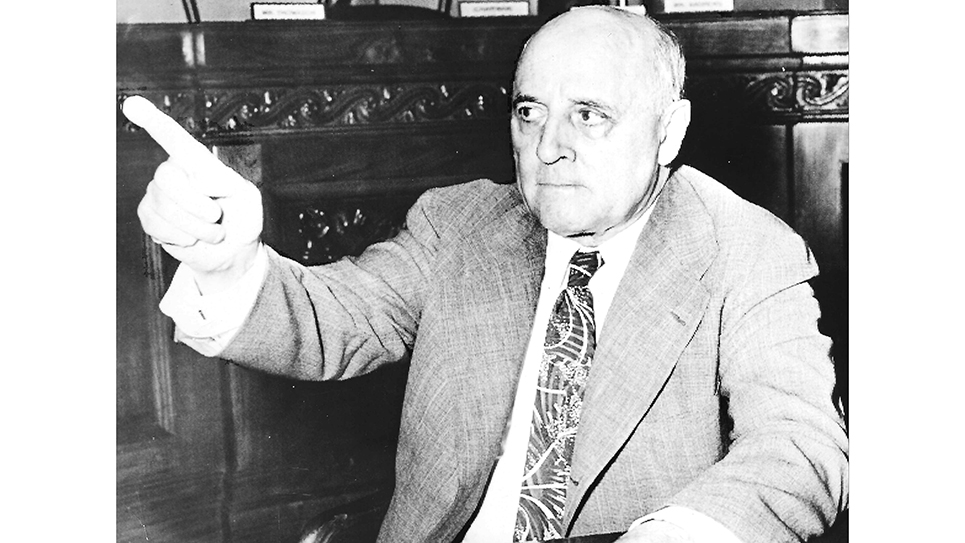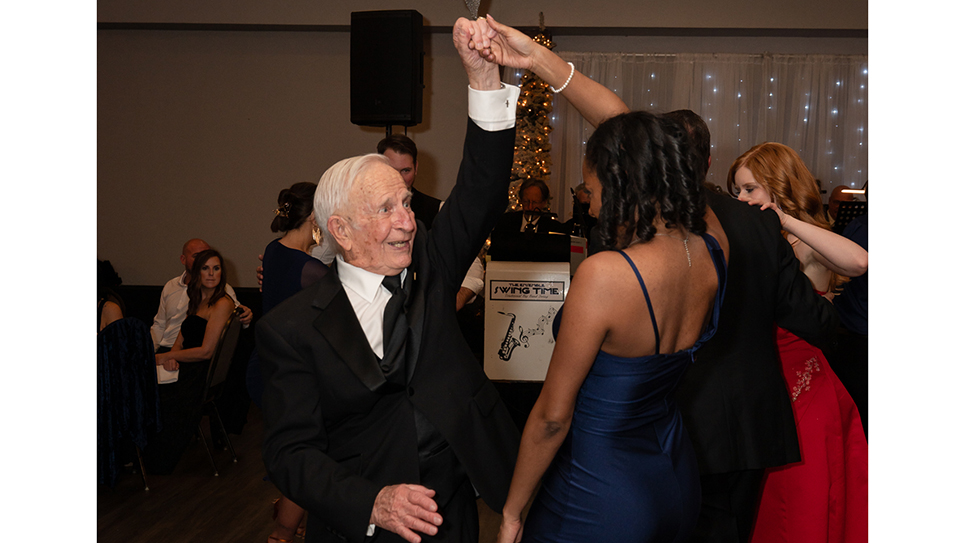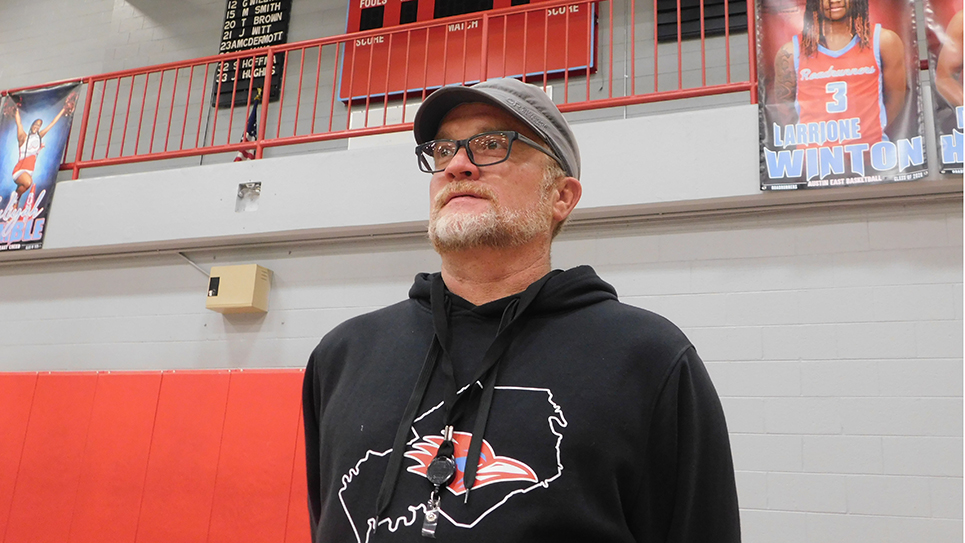Mabry-Hazen House will host an online lecture titled Under Rebel Rule Once More – The Constitutional Convention of 1870 and the End of Tennessee’s Reconstruction on Tuesday, February 23, 2021 at 6:30 p.m. Presented by Dr. William E. Hardy, the lecture will discuss the history of Tennessee’s third (and current) constitution, the convention that created it, and the end of Reconstruction in Tennessee.
Ratified in the wake of the Civil War, Tennessee’s third constitution enacted major changes in the state. The 1870 Constitutional convention and debates held within it rippled throughout the late 19th and 20th centuries. For some, it was a means to curb executive power and re-enfranchise former Confederates, but for Black Tennesseeans it opened the path towards Jim Crowe segregation. Joseph A. Mabry of Mabry-Hazen House was elected as a delegate to the constitutional convention. What role did he play? Find out that and more!
The virtual lecture is FREE, but donations are encouraged. The online event is limited to 100 participants and registration is strongly encouraged. Visit www.mabryhazen.com/statehoodseries to register. The lecture will also be streamed on Mabry-Hazen House’s Facebook page.
More information: As Tennessee commemorates its 225th statehood anniversary in 2021, Mabry-Hazen House and the other Historic Homes of Knoxville will present a yearlong “Statehood Series” of lectures and special programs examining the more than 225 years of Tennessee history and Knoxville’s role in it all.
Dr. William E. Hardy is a specialist in 19th Century American history, focusing on the American Civil War, as well as Southern, Tennessee, and constitutional history. He has taught history classes at Lincoln Memorial University, Tennessee Tech, University of Tennessee (Chattanooga), and Chattanooga State Community College. Prior to earning his Ph.D. in history at the University of Tennessee (Knoxville), Dr. Hardy worked in public history at the East Tennessee Historical Society. He is currently finishing up a book on Knoxville’s Million Dollar Fire of 1897, writing an article on the origins of “base ball” in Knoxville, and revising his dissertation “‘Fare well to all Radicals’: Redeeming Tennessee, 1869-1870” for publication.

